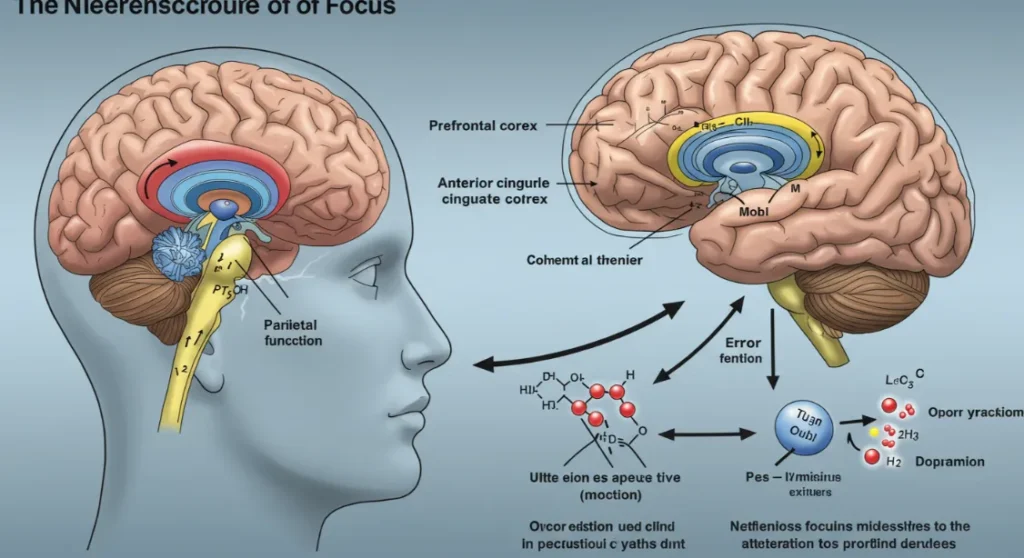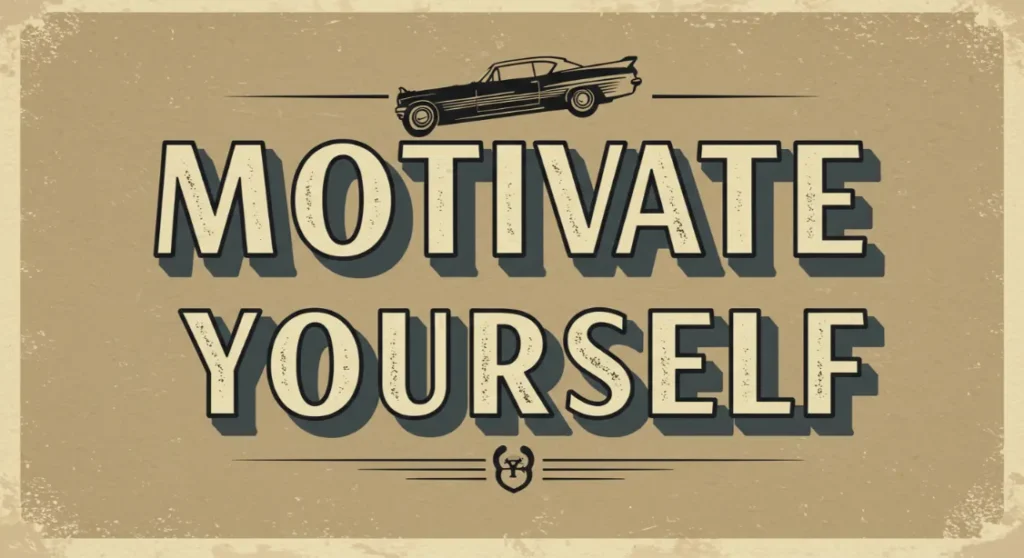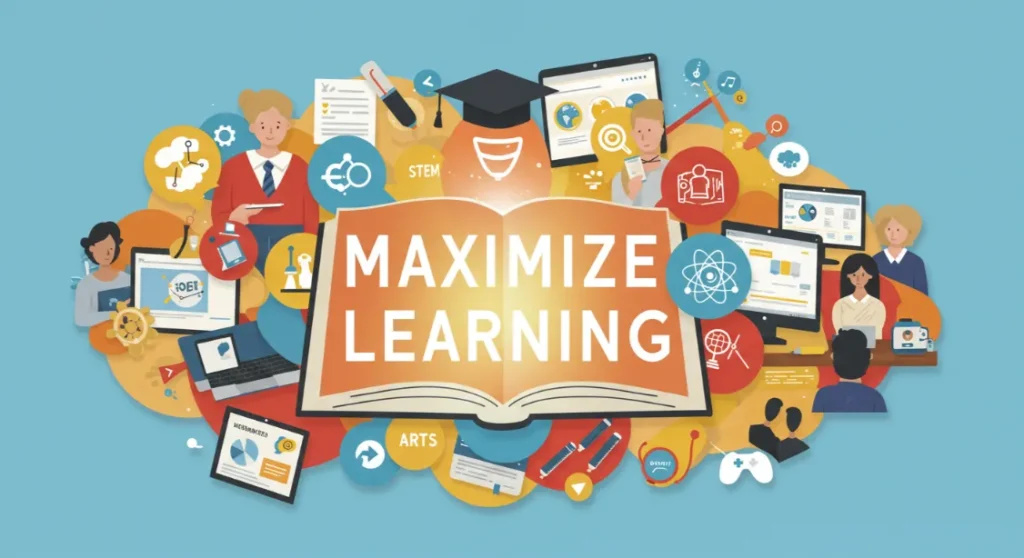Ever wondered why you can binge-watch an entire TV series without blinking but struggle to focus on that important work project for more than 10 minutes? You’re not alone! Did you know that according to a recent study, the average human attention span has dropped from 12 seconds in 2000 to just 8 seconds today? That’s shorter than a goldfish’s attention span! But don’t worry; there’s hope for us all.
Let’s dive into the fascinating world of mental focus and discover how we can sharpen our concentration skills across various aspects of our lives.
Key Takeaways:
- Mental focus is like a muscle—the more you exercise it, the stronger it gets.
- Different contexts require different focus strategies.
- Mindfulness and meditation can significantly improve concentration.
- Regular breaks and proper sleep are crucial for maintaining focus.
- Technology can be both a help and a hindrance to mental focus.
- Adapting your environment can dramatically boost your focus abilities.
The Science Behind Mental Focus
Before we jump into the nitty-gritty of improving focus in different contexts, let’s take a quick look at what’s happening in our brains when we concentrate. When we focus, our prefrontal cortex—the part of the brain responsible for complex cognitive behavior—kicks into high gear. It’s like a spotlight, illuminating the task at hand while dimming distractions around us.
But here’s the kicker: our brains aren’t designed for prolonged focus. They work best in bursts, which is why taking regular breaks is so important. It’s all about working smarter, not harder!
Focus in the Workplace: Battling the Open Office
Ah, the modern open office. Great for collaboration, not so great for concentration. But fear not! Here are some strategies to help you stay focused in even the most distracting environments:
- Use noise-cancelling headphones.
- Create a “do not disturb” signal (like a small flag on your desk).
- Try the Pomodoro Technique: 25 minutes of focused work followed by a 5-minute break.
Remember, it’s okay to step away from your desk occasionally. A quick walk around the office can refresh your mind and boost your focus when you return.
Learning and Studying: Maximizing Your Brain Power

Whether you’re a student or a lifelong learner, effective focus is key to absorbing and retaining information. Here’s how to make the most of your study sessions:
- Find your optimal study environment (quiet library or bustling café?).
- Use active recall techniques like flashcards or teaching the material to someone else.
- Try the “chunking” method to break down complex information into manageable bits.
Pro tip: Studies show that studying in different locations can actually improve retention. So, mix it up!
Creative Pursuits: Harnessing the Flow State

Ever been so engrossed in a creative task that you lost track of time? That’s the flow state, and it’s mental focus at its finest. Here’s how to tap into it more often:
- Eliminate distractions before you start.
- Set clear goals for your creative session.
- Challenge yourself, but not beyond your skill level.
Remember, creativity and focus go hand in hand. By improving self-expression, you’re also boosting your ability to concentrate on creative tasks.
Personal Relationships: The Art of Active Listening

Mental focus isn’t just about work and study; it’s crucial in our personal relationships too. Active listening is a skill that requires intense focus, but it can dramatically improve your connections with others. Here’s how to practice:
- Make eye contact
- Put away your phone (seriously, it can wait).
- Ask follow-up questions to show you’re engaged.
By truly focusing on the person you’re with, you’re not just improving your concentration skills; you’re also deepening your relationships.
The Role of Technology: Friend or Foe?

In our digital age, technology can be both a blessing and a curse when it comes to mental focus. On one hand, we have amazing apps and tools to help us stay organized and focused. On the other hand, the constant pings and notifications can be incredibly distracting. Here’s a handy table to help you navigate the tech landscape:
| Tech Tool | Pros | Cons | Best Use |
|---|---|---|---|
| Focus Apps (e.g., Forest) | Gamify focus time | Can become a distraction themselves | Short, intense work sessions |
| Website Blockers | Eliminate online distractions | Can be frustrating if you need blocked sites | During designated work hours |
| Smart Home Devices | Can automate tasks, reducing mental load | Potential privacy concerns | For routine tasks that don’t require focus |
Remember, technology should work for you, not against you. Use it wisely to enhance your focus, not detract from it.
The Power of Mindfulness and Meditation

You’ve probably heard about the benefits of mindfulness and meditation, but did you know they can significantly improve your ability to focus? Regular meditation practice can actually change the structure of your brain, increasing gray matter in areas associated with learning, memory, and emotional regulation. Here’s a simple mindfulness exercise you can try right now:
- Sit comfortably and close your eyes.
- Focus on your breath, noticing the sensation of air moving in and out.
- When your mind wanders (and it will), gently bring your attention back to your breath.
- Start with just 5 minutes a day and gradually increase
By practicing mindfulness for productivity, you’re training your brain to focus on the present moment, a skill that translates to all areas of life.
The Physical Side of Mental Focus
We often forget that our physical state has a huge impact on our ability to focus. Here are some key factors to consider:
- Sleep: Aim for 7-9 hours per night. Sleep for cognitive function is crucial!
- Exercise: Regular physical activity boosts brain function and focus.
- Nutrition: A balanced diet rich in omega-3s, antioxidants, and complex carbohydrates can improve cognitive function.
Remember, a healthy body supports a focused mind!
Adapting your environment for optimal focus
Your surroundings play a huge role in your ability to concentrate. Here are some tips for creating a focus-friendly environment:
- Declutter your workspace.
- Use natural light when possible.
- Keep the temperature comfortable (around 70-72°F or 21-22°C is ideal for most people).
- Add some plants; they can improve air quality and reduce stress.
By optimizing your environment, you’re setting yourself up for focus success.
The Importance of Breaks

It might seem counterintuitive, but taking regular breaks can actually improve your overall focus and productivity. Our brains aren’t designed for non-stop work. Instead, they function best in cycles of focused work followed by short periods of rest.Try incorporating these types of breaks into your day:
- Micro-breaks (30 seconds to 5 minutes): Stretch, take a few deep breaths, or look out the window.
- Mini-breaks (5 to 15 minutes): Take a short walk, do a quick meditation, or chat with a colleague.
- Longer breaks (30 minutes to 1 hour): Have lunch away from your desk, do some exercise, or engage in a hobby.
Remember, breaks aren’t a waste of time—they’re an investment in your mental focus and overall productivity.
Conclusion: Your Journey to Improved Focus
Improving your mental focus isn’t a one-time task; it’s an ongoing journey. Like any skill, it takes practice and patience. But the rewards are well worth the effort. By enhancing your ability to focus, you’re not just becoming more productive; you’re enriching your experiences in all areas of life.
Remember, everyone’s focus journey is unique. What works for one person might not work for another. Don’t be afraid to experiment and find the strategies that work best for you. And most importantly, be kind to yourself. Focus is a skill, and like any skill, it takes time to master.
So, are you ready to unlock your best life through improved mental focus? The journey starts now!
Resources
- The Power of Full Engagement by Jim Loehr and Tony Schwartz
- Headspace – A popular meditation app
- Brain.fm – Music designed for focus
- The Pomodoro Technique – A Time Management Method
- RescueTime – An automatic time-tracking app
- Trello – A project management tool to help organize tasks and improve focus
Remember, the key to mastering mental focus is to keep practicing and find what works best for you. Happy focusing!